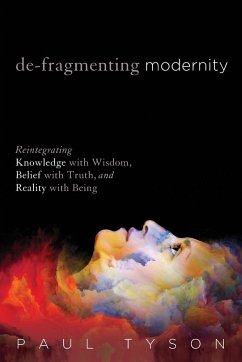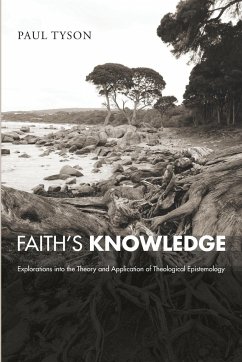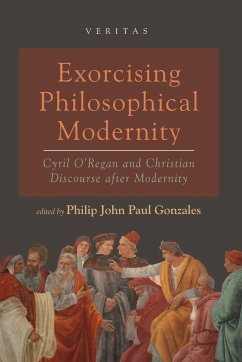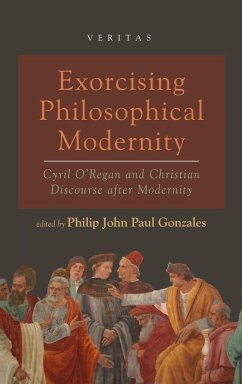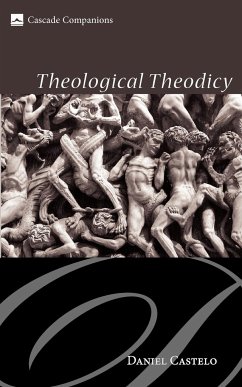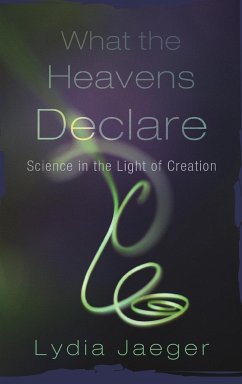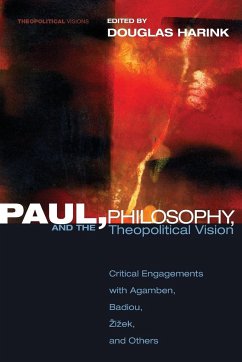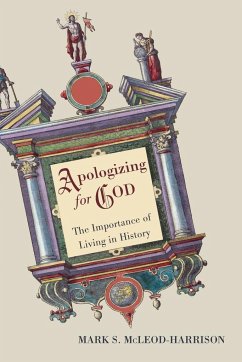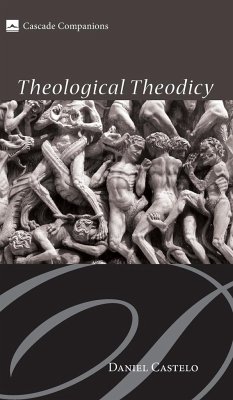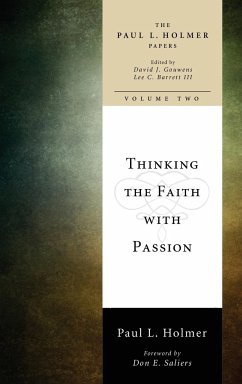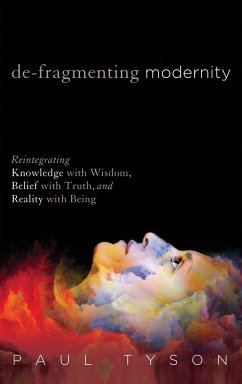
De-Fragmenting Modernity
Versandkostenfrei!
Versandfertig in 1-2 Wochen
31,99 €
inkl. MwSt.
Weitere Ausgaben:

PAYBACK Punkte
16 °P sammeln!
We live in a strangely fragmented lifeworld. On the one hand, abstract constructions of our own imagination--such as money, "mere" facts, and mathematical models--are treated by us as important objective facts. On the other hand, our understanding of the concrete realities of meaning and value in which our daily lives are actually embedded--love, significance, purpose, wonder--are treated as arbitrary and optional subjective beliefs. This is because, to us, only quantitative and instrumentally useful things are considered to be accessible to the domain of knowledge. Our lifeworld is designed t...
We live in a strangely fragmented lifeworld. On the one hand, abstract constructions of our own imagination--such as money, "mere" facts, and mathematical models--are treated by us as important objective facts. On the other hand, our understanding of the concrete realities of meaning and value in which our daily lives are actually embedded--love, significance, purpose, wonder--are treated as arbitrary and optional subjective beliefs. This is because, to us, only quantitative and instrumentally useful things are considered to be accessible to the domain of knowledge. Our lifeworld is designed to dis-integrate knowledge from belief, facts from meanings, immanence from transcendence, quality from quantity, and "mere" reality from the mystery of being. This book explores two questions: why should we, and how can we, reintegrate being, knowing, and believing?




